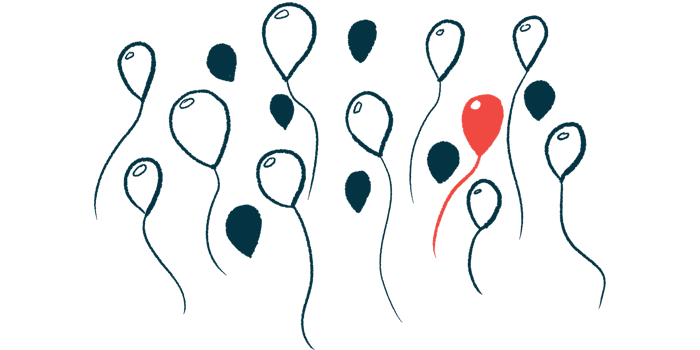Connecticut Agrees to Establish Its Own Rare Disease Advisory Council
Written by |

Lawmakers in Connecticut agreed to set up a permanent Rare Disease Advisory Council (RDAC), an advisory body working to better address the unique needs of people with rare diseases like Lambert-Eaton myasthenic syndrome (LEMS).
An effort to establish these councils across the U.S. and to optimize existing ones, called Project RDAC, was launched by the National Organization for Rare Disorders (NORD), a nonprofit patient advocacy group, in 2020.
RDACs are official platforms for stakeholders to make recommendations to state policymakers on matters such as the need for increased awareness of rare diseases, access to diagnostic tools, and more accessible and affordable treatments. The first RDAC was established in North Carolina in 2015.
“Sincerest appreciation to the coalition of lawmakers, patients, caregivers, and other members of the rare disease community who worked together to establish a permanent Rare Disease Advisory Council here in Connecticut,” Peter Saltonstall, NORD’s president and CEO, said in a press release.
“This RDAC will give patients, families, caregivers, health care providers, advocates, researchers, and other stakeholders an opportunity to make formal recommendations to state agencies and our legislature on ways to develop public policy and health care legislation that will improve the lives of those impacted by a rare disease in Connecticut,” said Lesley Bennett, NORD’s Rare Action Network volunteer ambassador for Connecticut.
Connecticut established a rare disease task force in 2017, whose work concluded in 2019. Now, Gov. Ned Lamont signed House Bill 5500 (HB 5500), enacting legislation that assures provisions to establish a permanent RDAC in the state.
“NORD has its roots in this state — through our founder, Abbey Meyers, and our founding nearly four decades ago. It’s incredibly empowering that Connecticut will have a permanent RDAC to help give its residents a stronger voice in their government and provide further partnership opportunities,” Saltonstall added.
The permanent RDAC will be composed of various disease stakeholders — generally patients, caregivers, families, and healthcare providers — working together to better address the needs of people with rare conditions in the state.
“This is a great day for the Connecticut rare disease community!,” Bennett said.
Lawmakers in 23 states now have approved legislation to establish a RDAC, including nine states that have taken such action since 2021, NORD reported.
For more information on NORD’s Project RDAC, visit this site.





